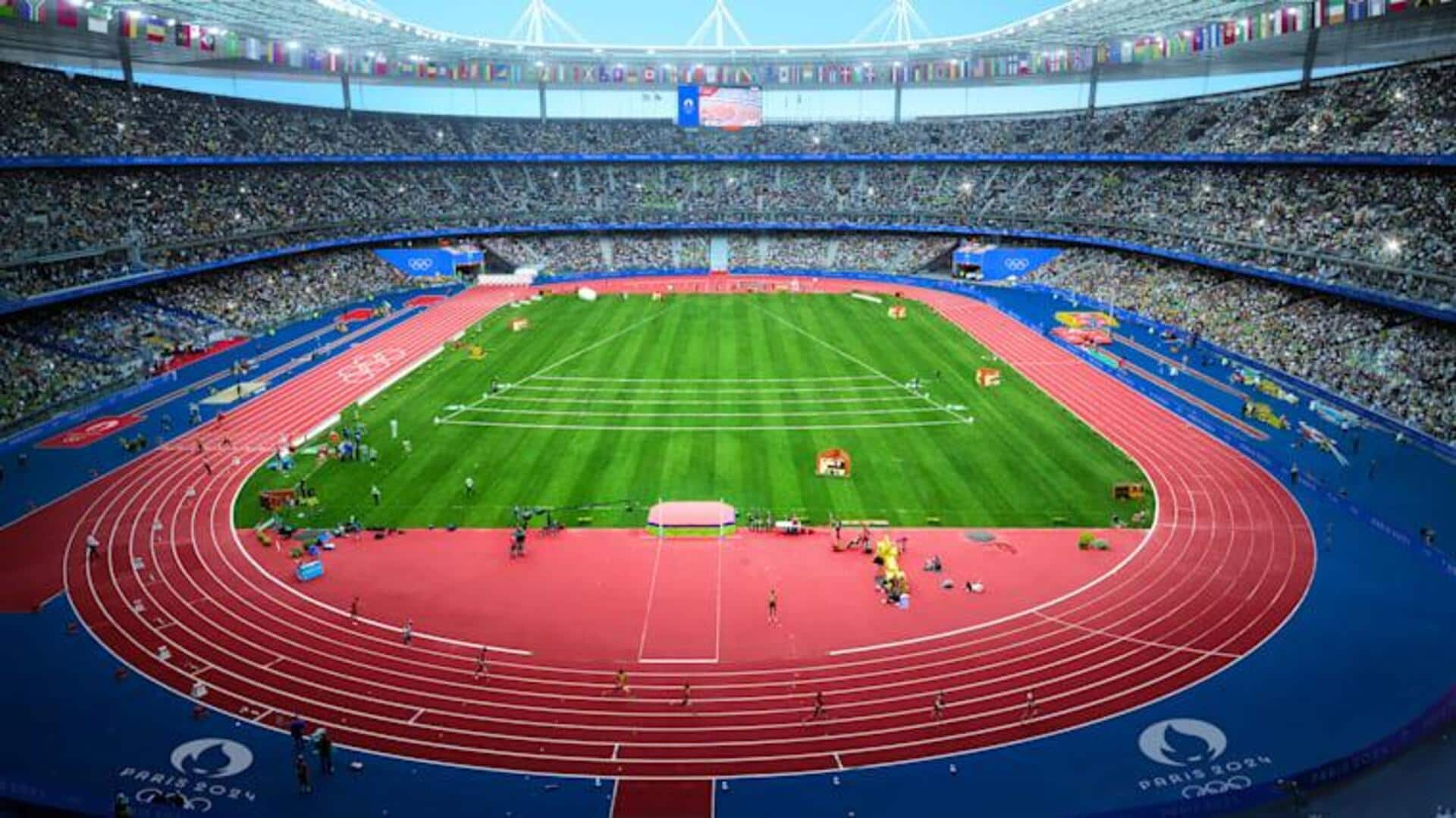
5 major controversies and scandals at Olympics
What's the story
The 2024 Paris Olympics will be underway on July 26 in Paris, the capital of France. The past editions of the tourney have witnessed some remarkable on-field action. However, the Summer Olympics has also been the subject of numerous scandals and controversies, including the use of performance-enhancing drugs. Here we look at five such controversies.
#1
Jim Thorpe's medal stripped in 1912
A significant controversy in Olympic history involved Jim Thorpe, the first Native American to win an Olympic gold medal. During the 1912 Games in Stockholm, Thorpe was stripped of his gold medals in decathlon and pentathlon events by the Olympic Committee. The reason was that he had been paid to play semi-professional baseball before competing in the Olympics, which violated the amateurism rules of that time.
#2
Paavo Nurmi's ban in 1932 Games
The 1932 Olympics in Los Angeles was also marked by a massive controversy, involving Finnish athlete Paavo Nurmi. A nine-time Olympic gold medalist, Nurmi was banned from competing due to questions over his amateur status raised by Swedish authorities. Despite pleas from other marathon athletes, Nurmi was not allowed to compete and was later forced into retirement.
#3
Tensions and boycotts in 1956
The 1956 Summer Olympics in Melbourne were marked by intense political tension following the Soviet Union's invasion of Hungary. Several countries boycotted the event after the International Olympic Committee allowed Soviet athletes to participate. This tension culminated in a violent water polo match between the Soviet and Hungarian teams, known as the 'Blood in the Water' match, adding another controversial chapter to Olympic history.
#4
Protests and government response in 1968
The 1968 Olympics in Mexico City were marked by student protests against the authoritarian government. These students used the media attention leading up to the Olympics to voice their dissent. However, the government responded with military force, resulting in several deaths. This violent response to peaceful protests added another controversial moment to Olympic history.
#5
The infamous race in 1988
Canadian sprinter Ben Johnson, who initially won the 100-meter race at the 1988 Seoul Games, was stripped of the medal later. He tested positive for stanozolol, an anabolic steroid. Johnson's gold medal was awarded to second-place finisher Carl Lewis, an American. Though Lewis had also tested positive for banned stimulants during the U.S. Olympic trials that year, he avoided a suspension.